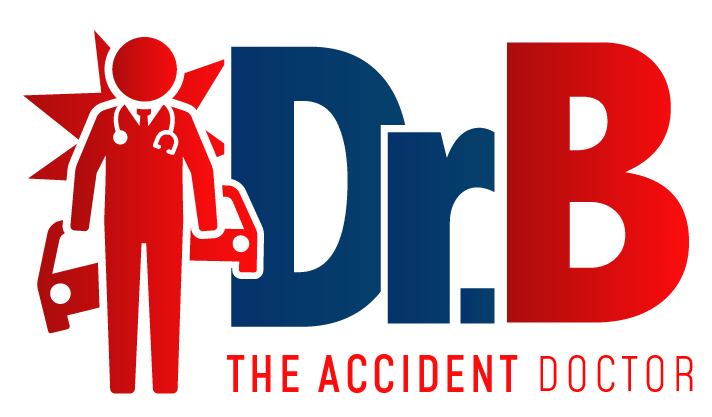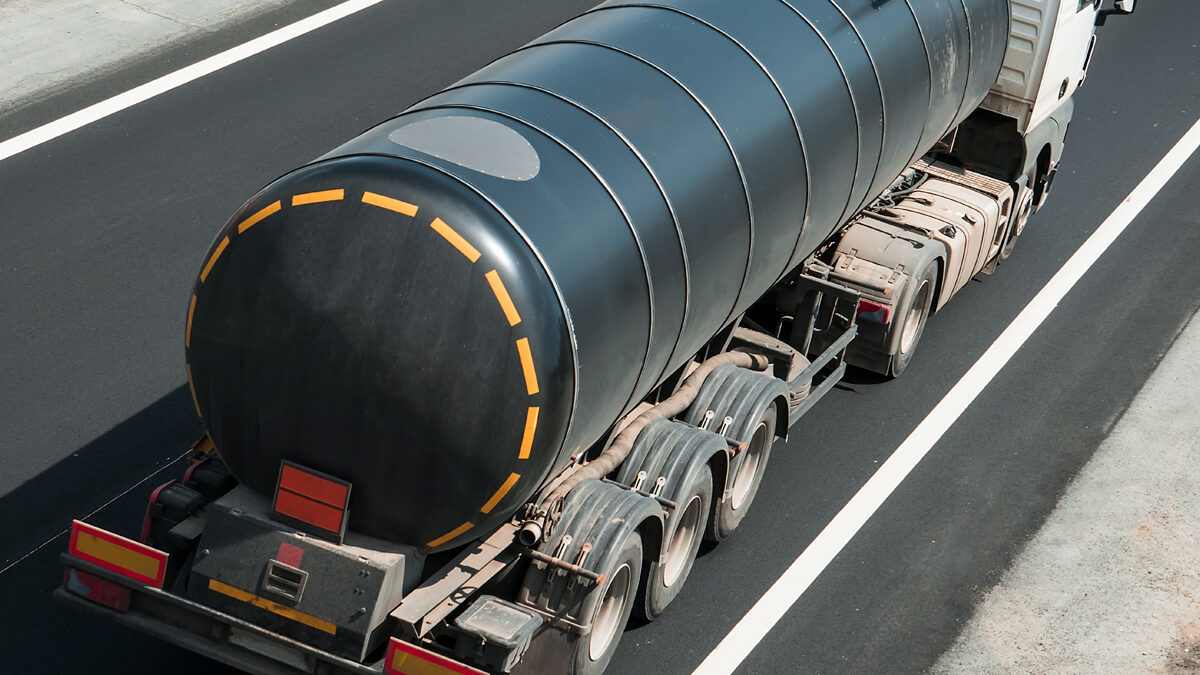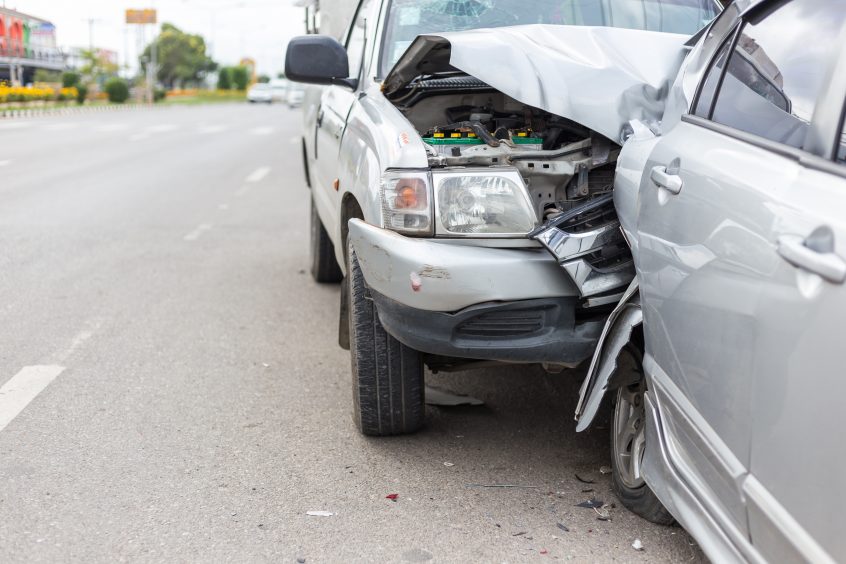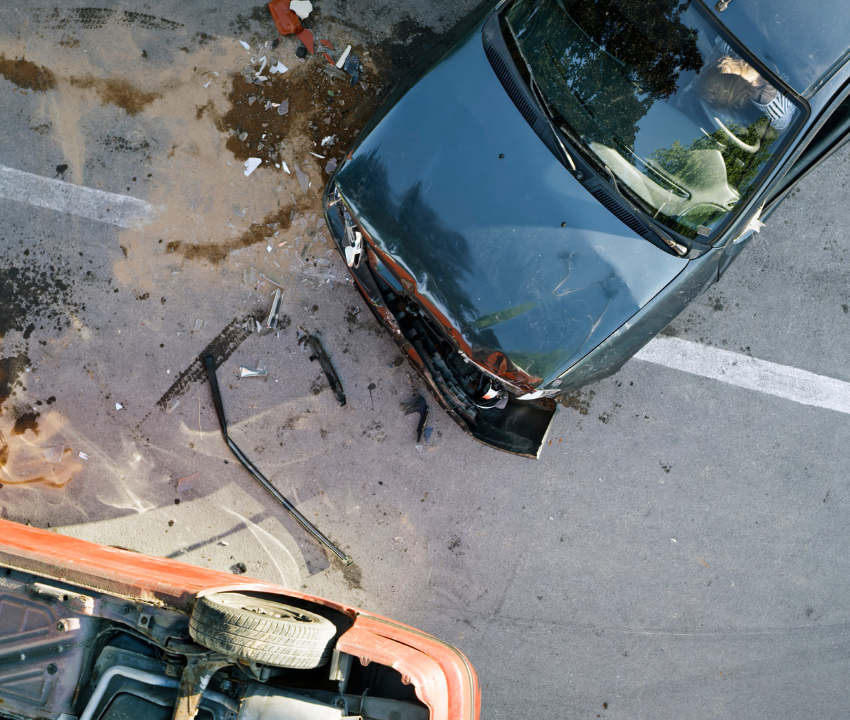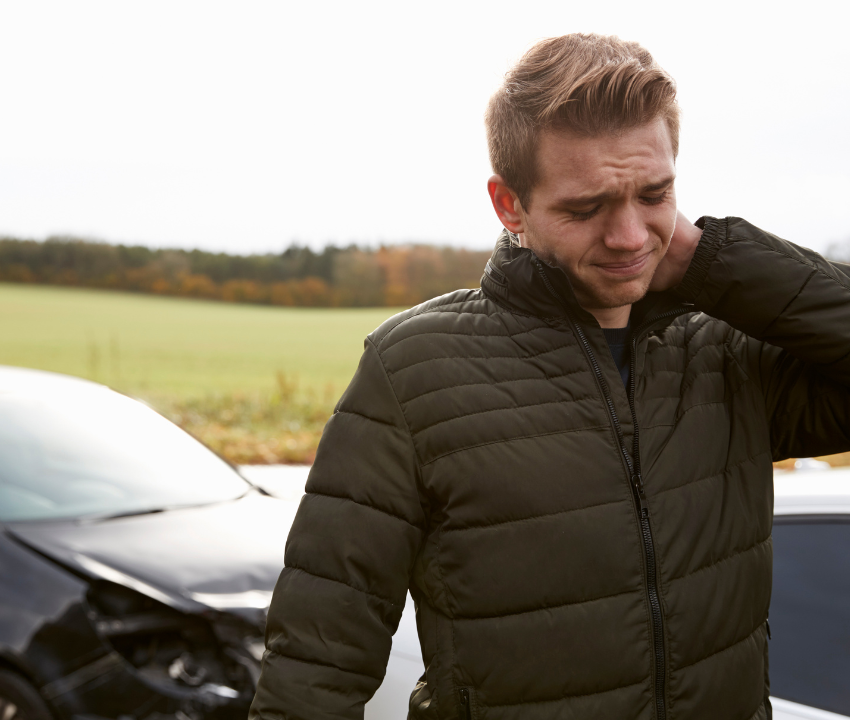Fuel trucks carry a load of highly volatile material along our state highways and in business districts. An error by the fuel corporation or driver could turn one of those trucks into a major catastrophic accident. The loss of a fuel tank leaves toxins in the soil, water and air that can have consequences on the environment, for a long time, affecting health. The tank could explode or catch fire, putting the driver, other motorists, and surrounding pedestrians at risk of burns or inhalation of toxic smoke.
Laws Governing the Transportation of Hazardous Materials
Various government agencies protect the public and workers from losses and explosions of hazardous materials during transportation. The company and workers servicing the fuel must comply with the regulations imposed by the Environmental Protection Agency (EPA), the Federal Pipeline and Hazardous Material Administration (FMCSA). Violations of federal regulations can result in fines and suspension of operations if discovered before it is too late. Worst; violations may not be discovered, until an accident occurs.
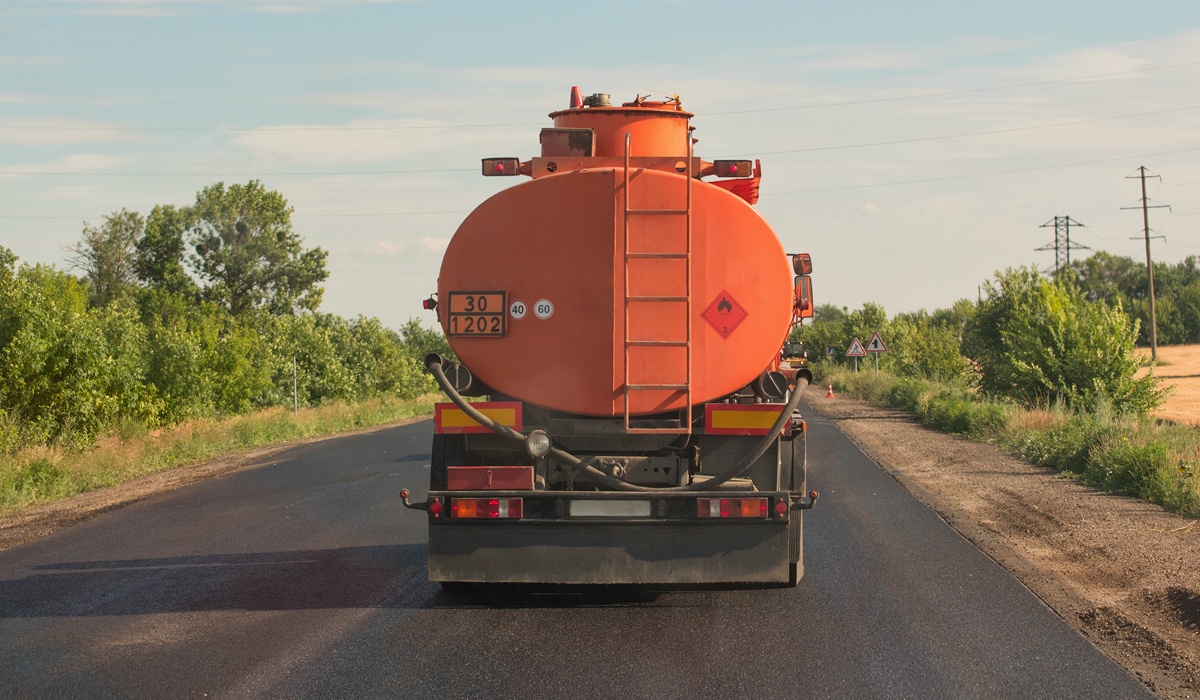
Fuel Truck Overturning
Rollover accidents are serious in every case. But, when a fuel truck capsizes, the tank can be affected and start to leak or catch fire. Factors why a fuel truck capsizes can include:
Vehicle design. The poor design of a fuel tank truck can lead to rollover. If the extremely loaded truck, bearing the greater weight on top of it, it will overturn due to the inertia of the movement of the liquid cargo contained in the tank.
Vehicle maintenance. A driver can lose control of the truck because a tire has blown, worn brakes, or poorly maintained steering system.
Effect of loading. The liquid from a partially full tank charge can help to achieve the “momentum” of the rollover when the fuel moves to one side of the tank.
Road conditions. Due to the probability of a fuel tank truck overturning, the route should be carefully considered to avoid tight, short turns and steep descents.
Driver Distraction. All drivers should avoid distractions, but the consequences of a distracted fuel truck driver, texting, talking on the phone, are more severe.
Driver’s Speed. The driver has less control of the truck at higher average speed and may not be able to take the necessary steps to avoid the rollover.
Erratic driving. Erratic steering correction is the most common cause of rollover accidents.
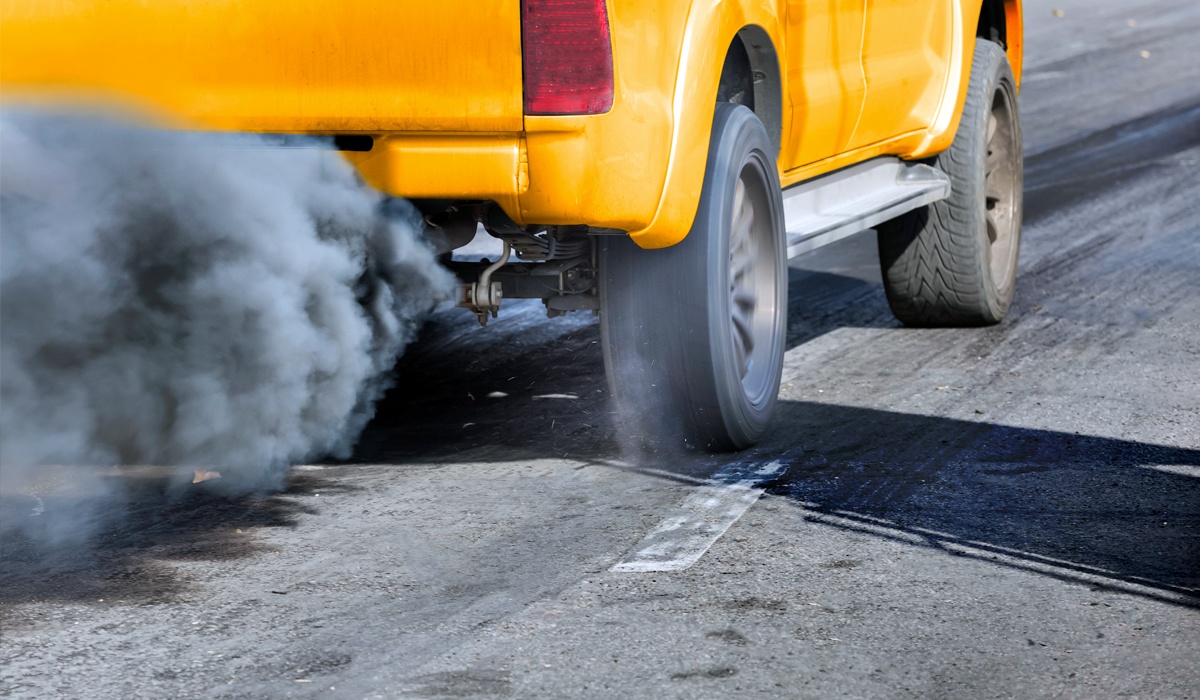
Have you suffered a fuel truck accident?
Make an appointment today: 210-342-2777
*Information obtained from: www.searcylatino.com

